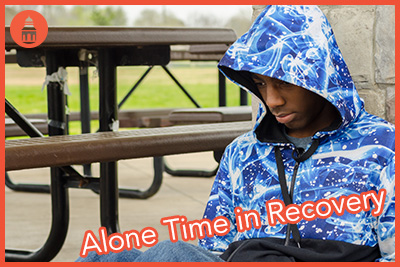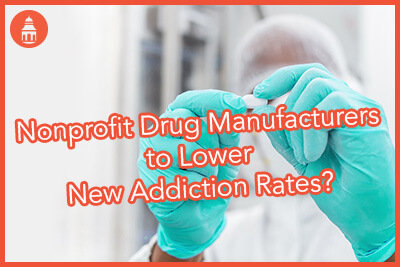At least one time in the last month, more than 4 million people in the United States got behind the wheel of a car after drinking alcohol, according to a survey conducted by the Centers for Disease Control (CDC).
Every year, says the CDC, there are an estimated 121 million episodes of driving while intoxicated. They also report that about 33 percent of all car accident deaths in the US in the past 20 years have been caused by drivers who were under the influence of alcohol.
Did you drive while under the influence of alcohol last month? In the last six months? Or under the influence of any other substances, including prescription drugs or over-the-counter medications that may impair your ability to drive? If so, you are not alone, but driving while intoxicated is a clear sign that changes are necessary. If it’s an issue you can’t manage alone, help is available.
Men and DUIs
About 2 percent of the population admits to driving while under the influence of alcohol in the past 30 days, and according to HealthDay, the majority of them are young men who have a history of binge drinking. In fact, men very often are the ones most likely to struggle with alcohol-related problems. For example, the Department of Transportation also reports that about 81 percent of drivers who operate a vehicle while intoxicated are men.
There is no defined reason why it is that more men struggle with alcohol as compared to women, but it may be related to the high rate of binge drinking in the United States, a practice which more men indulge in than women. Binge drinking is defined as drinking enough to raise the person’s blood alcohol content to higher than 0.08 percent by volume. This is usually accomplished when a man drinks five or more drinks, and a woman drinks four or more drinks within a couple of hours. The CDC reports that impaired drivers in about two-thirds of all alcohol-related accidents had been binge drinking prior to the crash.
What We Know
The CDC researchers also stated that:
- More Midwesterners reported high rates of driving while under the influence of alcohol as compared to other areas of the country.
- Survey responders who reported that they did not routinely wear a seatbelt were three times more likely to drive after drinking than respondents who buckle up regularly.
- Increased use of sobriety checkpoints that are publicized in advance may reduce the rate of driving while under the influence.
- Higher alcohol taxes may also positively influence the rates of DUI, as may requiring ignition interlocks for those convicted of driving while under the influence and enforcing minimum legal drinking age and breath alcohol laws across the country.
What We Can Do
Legislators may institute more laws and checkpoints to identify drivers who are under the influence, jack up alcohol taxes, and stiffen the penalties associated with DUI conviction, but ultimately, if someone is struggling with addiction, these consequences will do very little to help with the real problem: an alcohol use disorder.
Treatment is the most effective way to limit the practice of driving while intoxicated, providing those who are unable to moderate their drinking with the medical treatment, therapy, and support that they need to stop drinking entirely and stabilize in recovery.
Gender-Specific Treatment
In some cases, it may be helpful for those who are struggling with addiction issues to seek treatment at a program that offers gender-specific treatment. For example, a rehab program for men may make some male patients feel safer when discussing issues in a group setting that may have contributed to their use of alcohol. It may also help them to remain more focused on their recovery and to bond more easily with peers in treatment on a friendship level.
In other cases, mixed-gender treatment may be preferred, offering patients the opportunity to build a larger community base of support right from the start. Some find gender-specific treatment unnecessary and prefer instead to try to simulate the “real world” experience of interpersonal interactions in the treatment setting as much as possible.
Inpatient vs. Outpatient
Not all alcohol use disorders are created equal. Some people may struggle with occasional binge drinking and find that things get out of control every so often – especially if they end up behind the wheel while drunk. They are not physically addicted to alcohol and may not need detox or even residential treatment to help them to stop drinking and get their lives back on track.
For others, however, drunk driving is only one of a myriad of serious problems that are triggered by alcohol use. They may also struggle with chronic health disorders, job loss and financial difficulties, serious interpersonal relationship issues, and even underlying mental health symptoms. For them, residential treatment that includes detox may be the best choice.
Comprehensive Care
 If you are struggling with problems caused by alcohol use, whether you choose gender-specific treatment or mixed-gender rehab, inpatient care or outpatient treatment, the key to a strong start in recovery is a comprehensive program that is personalized to meet your needs. The important thing is recognizing when treatment is necessary and connecting with the right program as soon as possible.
If you are struggling with problems caused by alcohol use, whether you choose gender-specific treatment or mixed-gender rehab, inpatient care or outpatient treatment, the key to a strong start in recovery is a comprehensive program that is personalized to meet your needs. The important thing is recognizing when treatment is necessary and connecting with the right program as soon as possible.



